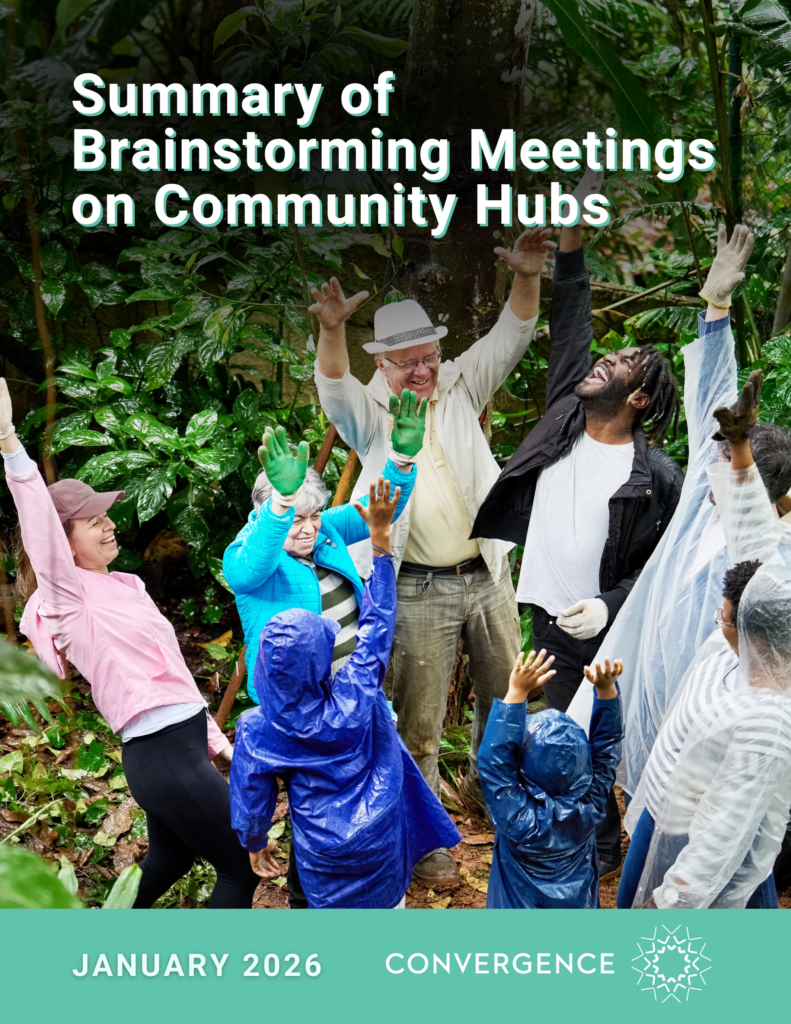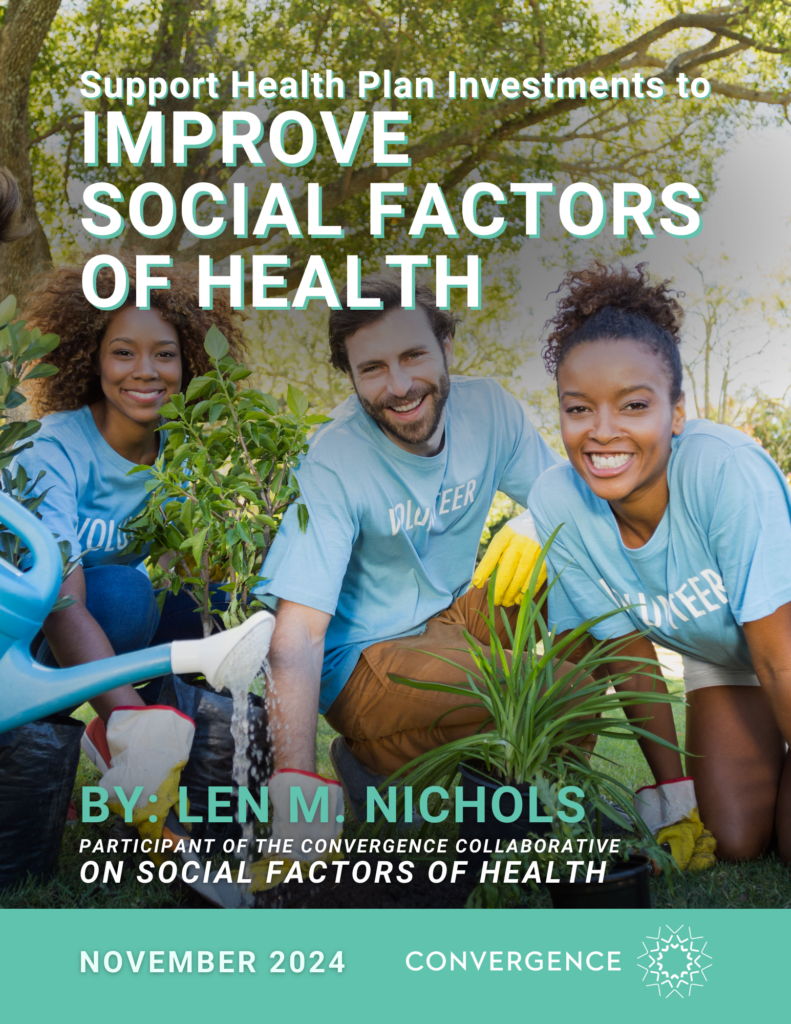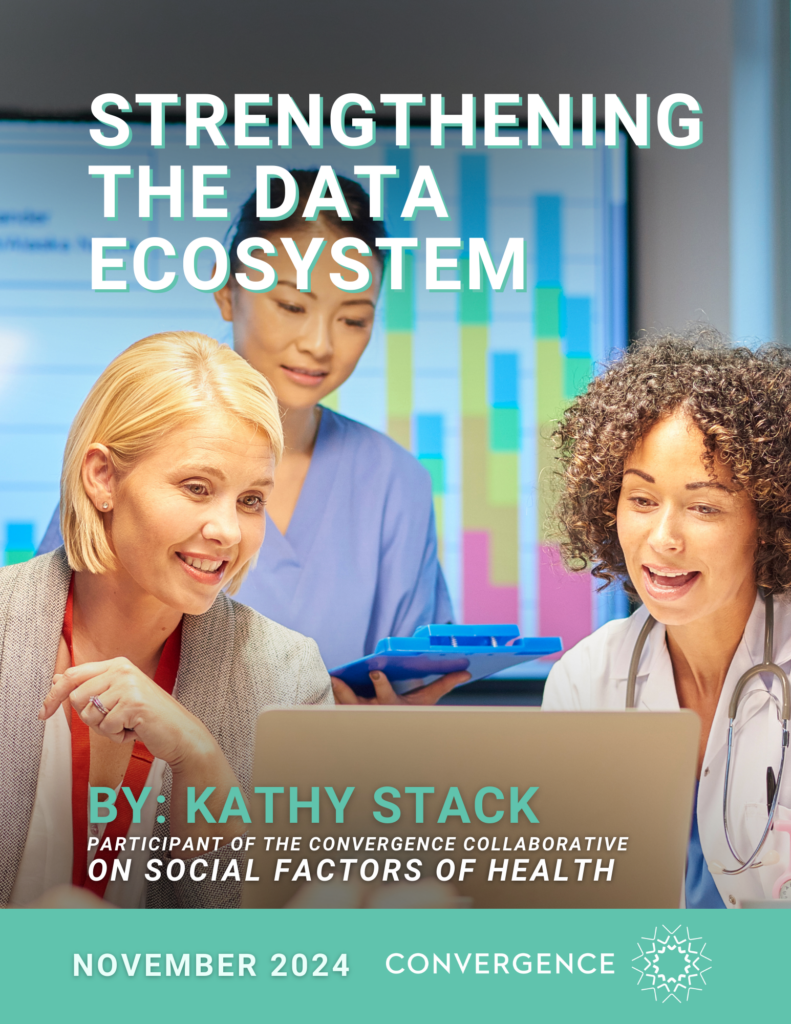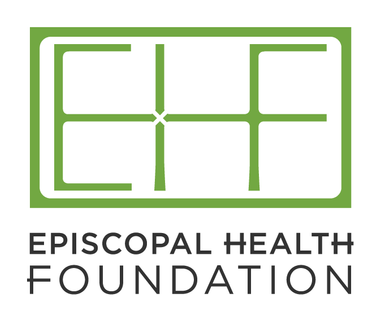Working to create the best policy environment for local efforts and partnerships to improve household and community health by addressing social factors of health.
The Vision
We envision a world where young people have access to mental health care they need. Key to realizing this vision is creating culturally competent and age-appropriate mental and behavioral health program models. It is essential that youth and young adults are involved in the creation of these models.Given how many young people lack access to the mental health services they need, we advocate for additional public and private funding to increase access to quality mental health support for all youth. Achieving funding parity between mental health and physical health programs is another essential ingredient in fulfilling this vision.
Finally, we envision a world in which preventive measures and support are widely accessible before mental health challenges become acute, which can be both effective and cost-saving. This working group of advocates, mental health professionals, and public health leaders are dedicated to the well-being of our youth, and we believe that one of the most promising strategies for advancing our vision is to accelerate access to supportive community individuals such as peer support, near peers, paraprofessionals, and caring adults outside the traditional mental health workforce, thereby broadening and diversifying service networks and making mental health care more accessible and effective for our youth.
Our vision is not just about creating a better future for our youth but about shaping a society that values mental health as much as physical health, and recognizes that everyone, especially our youth, deserves access to quality mental health care.
The Problem
In the United States, we are beginning to understand that there is far more to good health than medical care. A person’s health condition is affected by many lifestyle and social conditions. Indeed, some researchers suggest that housing conditions, available social services, nutrition, and other social factors account for as much as 80 percent of a person’s health status, with medical care responsible for only 20 percent. Many countries concentrate more on these social factors than we do in the United States; indeed, the American medical system has taken more of a “repair shop” function.
As organizations in healthcare and various social sectors consider more comprehensive, upstream approaches, they encounter various challenges. The financing and business models of most health systems, for example, do not easily adapt to a partnership role with other sectors. Public and private payment systems do not help. Even within the federal and state governments, close collaboration proves difficult for health departments and other departments, as does coordinating their budgets and programs. Thus, despite the desire to do so, it remains difficult to deploy public and private resources strategically across sectors to achieve health and other social goals, such as health equity. If this frustrating policy environment is to change, reforms affecting multiple sectors will be required. To identify the needed reforms, Convergence brought together nearly 40 organizations and experts from multiple sectors to find consensus on a Blueprint for Action.
Some researchers suggest that housing conditions, available social services, nutrition, and other social factors account for as much as 80 percent of a person’s health status.
National Academy of Medicine
Some researchers suggest that medical care is responsible for only 20 percent of a person’s health status.
National Academy of Medicine
Blueprint Consensus SOLUTIONS
Improving System Integration
Beyond fostering partnerships among organizations, there must be an updated vision of how the roles of different sectors in addressing SDOH can be better integrated.

Building an SDOH Workforce
Success in addressing SDOH in a community, identifying a person’s HRSNs (health related social needs), and coordinating services requires trusted community-based workers with strong local knowledge. Community Health Workers (CHWs), social workers, and similar professionals typically have these attributes. For any community, however, a team with workers at different decision levels is needed, and the best team depends on community characteristics.

Financing SDOH Approaches
Upfront investments in non-clinical social services, and in the “infrastructure” of collaboration, are needed to achieve downstream gains. Typically both government and private investment is needed and appropriate. Policy changes should also ensure that budget rules, payment systems, etc., should make such community investment a logical business or public investment decision; that is often not the case today.

Addressing Data Sharing, Evaluation, and Experimentation
The federal government and states need to consider several steps to help build a cross-sector information infrastructure. Data sharing is essential for effective screening and for successful referrals. Accurate and timely data is also needed to measure the effectiveness of SDOH strategies and to build a more complete understanding of the connection between nutrition, housing, education, transportation, other factors, and community health. Improved data and cost-benefit tools are also seen as important for measuring the broader multi-sector impacts of an SDOH investment.
Next steps
Convergence is currently convening a Collaborative of a diverse group of representative stakeholders and experts through the summer of 2024, with the goal of finding consensus on a set of recommended policy changes. These federal and state actions will aim to create a significantly better policy environment for innovative collaborative efforts at all levels, to improve individual and public health.
calls to action
Call to Action: Federal Government
Call to Action: States
Call to Action: Local Governments and Communities
Call to Action: Private Sector
Project Outcomes
Community Hubs
In a three-meeting series, the Collaborative convened a group of 40 leaders from communities, social service and support agencies, government, academia, and policy organizations to brainstorm creatively leveraging community hubs to best serve local populations. Findings from these meetings can be found in the summary report and two-pager below.
Collaborative members
The following individuals and organizations took part in the Convergence Collaborative that achieved this Blueprint for Action. Involvement in the Collaborative and crafting of the consensus Solutions does not imply that every individual or organization endorses every recommendation.
Jean Accius, Creating Healthier Communities
Lourdes Aceves, National League of Cities *
Terri Amano, Walmart *
Nicole Barcliff, Local Initiatives Support Corporation
Pablo Bravo, Bravo Vial Consulting
Autumn Campbell, The Partnership to Align Social Care
Brian R. Corbin, Catholic Charities USA
David Erickson, Federal Reserve Bank of New York*
Sandra Elizabeth Ford, BFT Consulting, LLC and formerly White House Domestic Policy Council
Kara R. Gainer, Walmart *
Ashley Gray, Aligning for Health
Karis Grounds, Community Information Exchange (CIE) 211 San Diego
C.J. Eisenbarth Hager, Episcopal Health Foundation
Blair Harrison, UnitedHealthcare
Elizabeth Heetderks-Fong, Vreds Philanthropy
Teresa Hottle, CareSource *
Ji Im, CommonSpirit Health
Michelle Jester, America’s Health Insurance Plans (AHIP)
Matt Lyons, American Public Human Services Association
Rachel Mackey, National Association of Counties (NACo)
Marcella Maguire, Corporation for Supportive Housing
Briana Martin, Episcopal Health Foundation
Corey Miller, Healthcare Leadership Council
Ben Money, National Association of Community Health Centers
Susan Newton, Lutheran Services in America
Len Nichols, Urban Institute *
Kathleen Noonan, Camden Coalition
Sue Polis, Lutheran Services in America
Jan Ruma, Pathways Community HUB Institute
Alexandra Schweitzer, Harvard Business School *
Jake Segal, Social Finance
Anand Shah, Kaiser Permanente *
Shao-Chee Sim, Episcopal Health Foundation
June Simmons, Partners in Care Foundation
Sara Singleton, National Alliance to Impact the Social Determinants of Health
Ann Somers Hogg, Clayton Christensen Institute *
Ipyana Spencer, Meals on Wheels America
Kathy Stack, Yale Tobin Center for Economic Policy and the Federation of American Scientists; formerly U.S. Office of Management and Budget *
Nālani Tarrant, National Association of Community Health Centers
Mary Ellen Wiggins, Voyager, LLC and formerly U.S. Office of Management and Budget (OMB)
Christy Wolfe, National Alliance for Public Charter Schools
Sunia Zaterman, Council of Large Public Housing Authorities (CLPHA)
Kelleen Zubick, Share Our Strength
* Collaborative members have joined in their individual capacities, and institutional affiliations are provided for identification purposes only. The views expressed are those of Collaborative members alone and are written in their personal capacities. As such, those views do not necessarily reflect the views of their employers.
Interested in funding a project in the future?
Check out our donate page or contact our development team to learn more.









